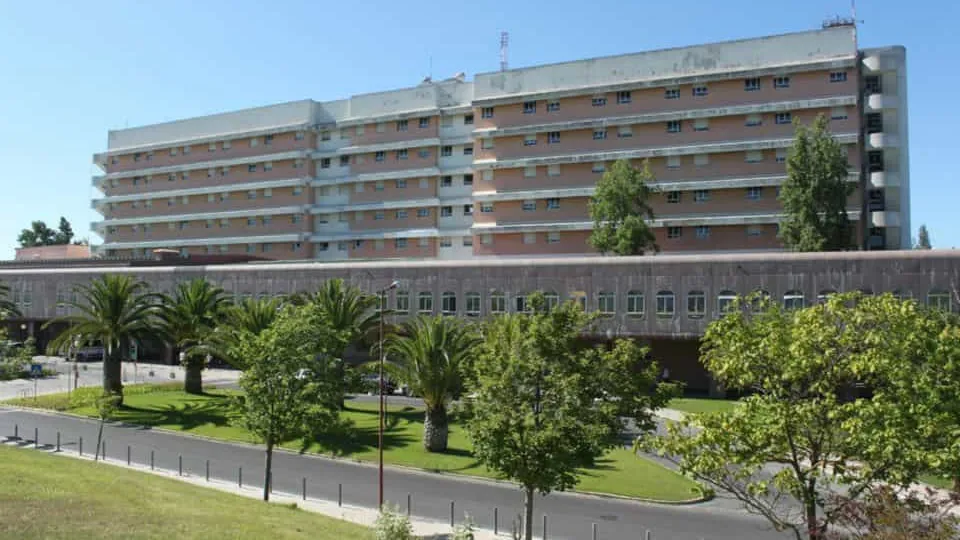
Today marks the National Day of the Gypsy, but the organization Letras Nómadas sees little cause for celebration, highlighting the “rise of far-right parties,” the dehumanization of Roma people, and consequent antigypsyism, as well as discrimination, which is “a common occurrence.”
“We are indeed going through very difficult times, especially the Roma communities,” said Bruno Gonçalves, leader of the association, in a statement, adding that Roma people continue “to suffer harassment” or are being “pushed to the margins.”
Gonçalves attributes this to “years and centuries of persecution, leading to illiteracy, alienation, and ostracism” of Roma people, resulting in “a group of Portuguese who are starting from a disadvantaged point compared to others.”
He believes that solutions are possible and the current government “will have to respond as soon as possible,” warning that if within the same country there is “a group that has different starting points, suffers, and cannot reach levels of achievement, we need to work on that.”
However, he criticized the delay in implementing the new National Strategy for the Integration of Roma Communities (ENICC), noting that the document has been with the Presidency of the Council of Ministers “for almost a year, awaiting public discussion,” despite already being drafted with “input from various people.”
Gonçalves assured that various Roma associations will continue to fight for the approval and implementation of the new ENICC, which should have been implemented in 2022 and remain in effect until 2030, and that today a “large meeting of Roma associations will be held to plan an action strategy for the second half of 2025.”
According to the leader of Letras Nómadas, Portugal is currently in “a legal vacuum” due to the fact that there has been no active strategy for a year, which, he warned, jeopardizes the operation of associations and the support provided to the populations, especially children.
He guaranteed that there are “associations that want to close because they cannot afford to pay for water and electricity” and others that support “several children educationally” and are struggling to maintain this commitment.
Sociologist and ISCTE researcher Maria Manuela Mendes, who collaborated on the evaluation of the previous ENICC and is conducting the next national study on Roma communities, described the current situation as “bleak,” despite many years of research and field action.
She noted that the “sociopolitical context in Portugal has changed significantly in recent years,” veering right, and expressed pessimism about the future of the upcoming ENICC.
“In the context of Portuguese society, and beyond, unless there is another shift, I don’t see very favorable conditions for the discussion of the strategy,” admitted Manuela Mendes, suggesting that scenario could be altered “if there is pressure from European entities.”
She highlighted that there is now a “significant time gap,” as the evaluation was completed in 2023, and “this diagnosis is also beginning to lose some of its relevance.”
Mendes stated that Portugal is stagnant concerning Roma communities, and “this stagnation could undermine the progress made” in terms of Roma activism, particularly in education, training, or mediation, and this might compromise the future if the new strategy is not discussed and approved.
ENICC 2013-2022 was extended to remain effective until the end of 2023, with an evaluation planned for the document.
So far, the results of that evaluation are not known, and the new strategy for 2022-2030 has not gone through public consultation and, therefore, has not been implemented.
The absence of the document has been criticized by the Council of Europe, which lamented the existence of “a strategic document gap and possibly also in the mechanisms anticipated by the documents, as well as in the finances dedicated to the implementation of the strategy.”
Efforts to reach the Ministry of the Presidency of the Council of Ministers, responsible for this matter, have yielded no response.




